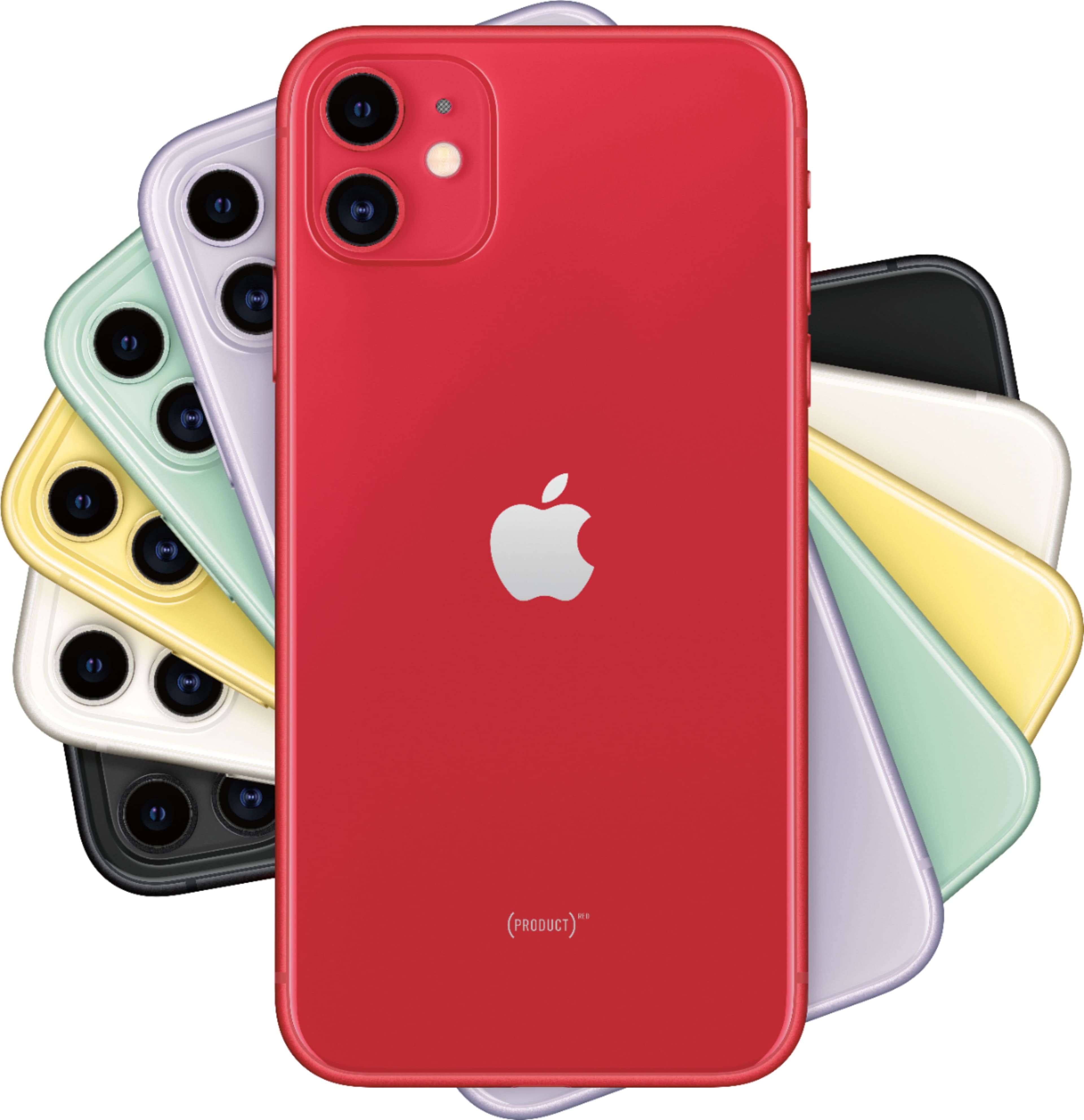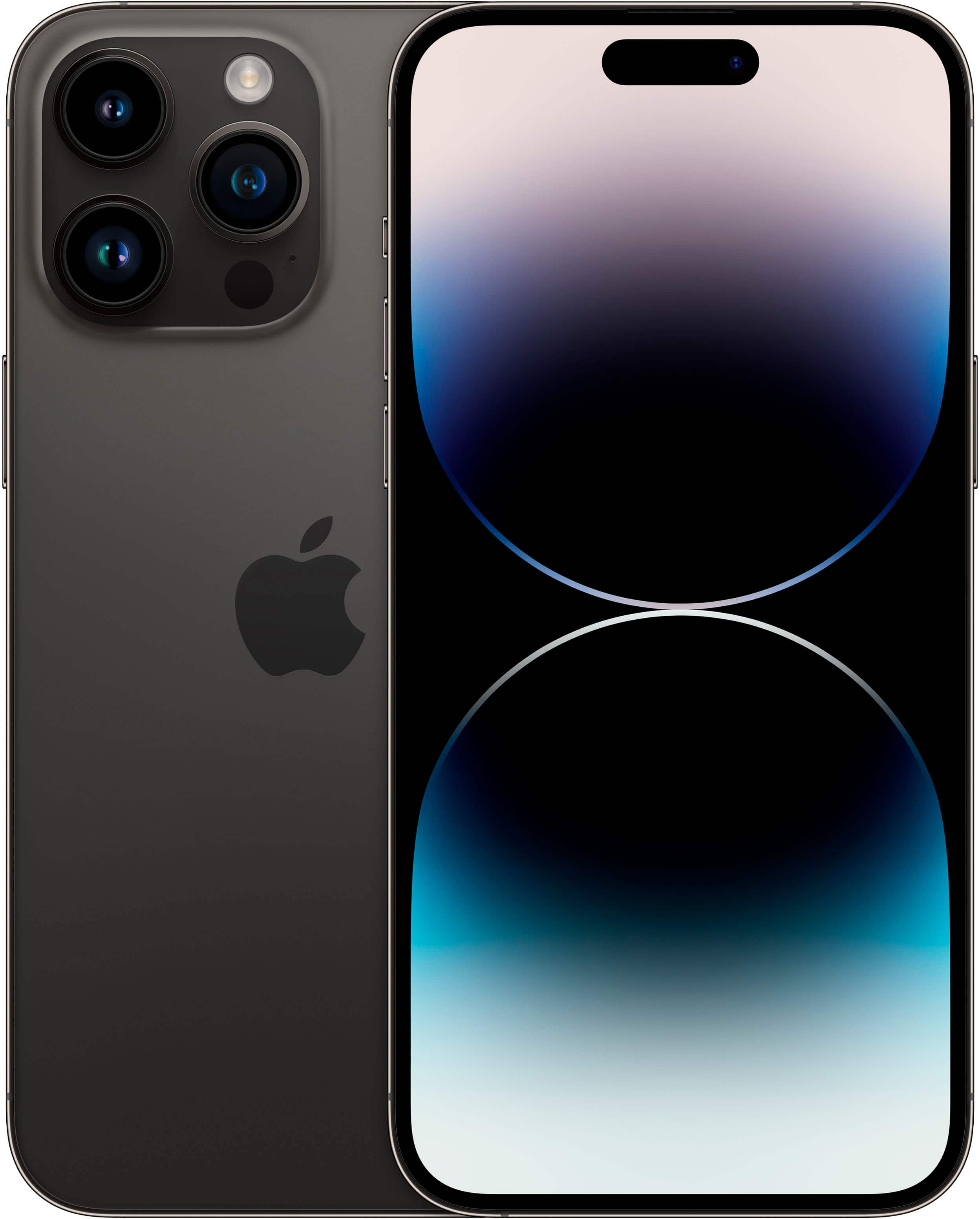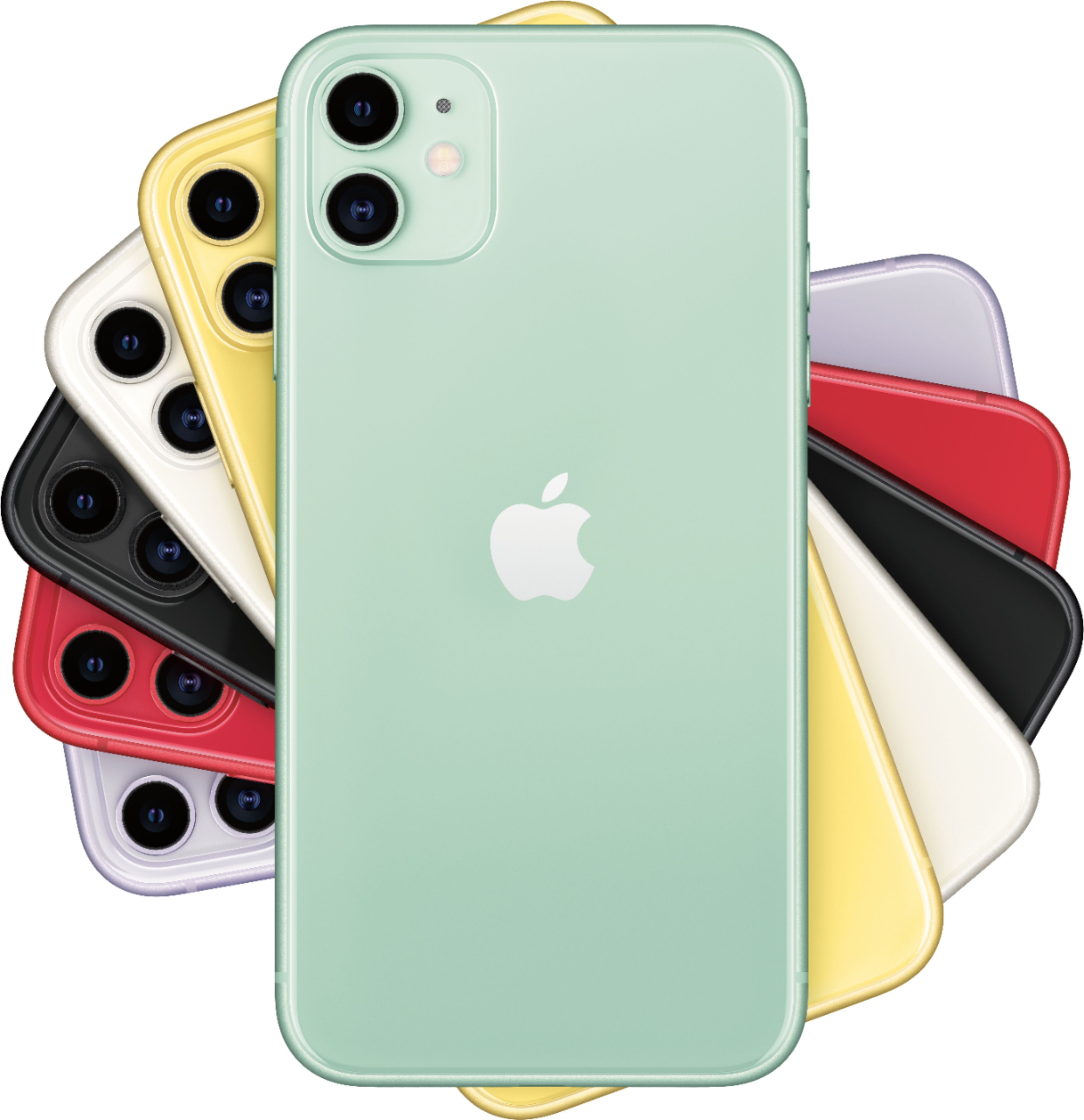Is IPhone 14 Waterproof? What You Really Need To Know About Its Water Resistance
Have you ever wondered if your shiny new iPhone 14 can truly handle a splash, or perhaps even a quick dip? It's a pretty common question, and honestly, a lot of folks get a bit mixed up about what "waterproof" actually means for a device like this. You see, when you've got a valuable piece of tech, like your phone that keeps you connected and helps you manage your day, you want to know just how tough it is, right?
So, you're probably thinking about those accidental spills, maybe a sudden downpour, or even just using your phone near the pool. It’s natural to feel a little worried about water getting into those delicate parts. We rely on our phones for so much, from catching up with friends to, well, just about everything. Knowing its limits can save you a lot of worry, and maybe even a trip to the repair shop, which is definitely something we all want to avoid.
This article will help clear up the confusion around the iPhone 14 and water. We'll look at what Apple actually says about its water resistance, what those technical terms mean for you, and give you some practical pointers for keeping your device safe. It's about getting the real story, so you can feel more confident with your phone, come what may.
- Iran President Vs Supreme Leader
- Player 125
- Lol Superman Explained
- Horses Mating
- Desmond Doss The Unyielding Spirit Of A Conscientious Objector
Table of Contents
- Is iPhone 14 Waterproof? What You Really Need to Know About Its Water Resistance
- Understanding the iPhone 14's Water Resistance Rating
- Why "Waterproof" Isn't Quite Right: It's Water Resistant
- Common Misconceptions About iPhone Water Resistance
- What Can Hurt Your iPhone 14's Water Resistance?
- What to Do if Your iPhone 14 Gets Wet
- Warranty and Water Damage: What Apple Covers
- Practical Tips for Protecting Your iPhone 14 from Water
- Frequently Asked Questions About iPhone 14 Water Resistance
- Final Thoughts on Your iPhone 14 and Water
Understanding the iPhone 14's Water Resistance Rating
So, when we talk about the iPhone 14 and water, Apple doesn't actually say it's "waterproof." That's a really important distinction, you know? Instead, they talk about "water resistance." This isn't just playing with words; it means there are specific conditions and limits to how much water your phone can handle. It's a bit like saying a raincoat is water resistant, not that you can wear it scuba diving, if that makes sense.
The iPhone 14 models, including the base iPhone 14, the iPhone 14 Plus, the iPhone 14 Pro, and the iPhone 14 Pro Max, all share the same official rating. This rating comes from a set of tests designed to see how well a device can keep out dust and water. It's a bit of a standard in the industry, so you'll see it mentioned for many other phones too. Knowing this rating is, like, the first step to understanding what your phone can truly endure.
What Does IP68 Actually Mean?
The iPhone 14, including the iPhone 14, iPhone 14 Plus, iPhone 14 Pro, and iPhone 14 Pro Max, all come with an IP68 rating. This rating is pretty standard for modern premium phones, actually. The "IP" stands for Ingress Protection, and it's a measure of how well a device is sealed against both solid objects, like dust, and liquids, like water. The first number, the '6', means it's completely protected against dust, which is pretty good for keeping tiny bits out. The second number, the '8', is what we're really interested in for water.
An '8' rating for water protection means the device can be submerged in water under specific conditions. For the iPhone 14, this generally means it can handle being in water up to 6 meters (about 19.7 feet) deep for as long as 30 minutes. This is, you know, quite a significant capability, especially compared to older phones that might not have survived even a splash. But it's important to remember these are lab conditions, not real-world guarantees, which is a bit of a difference.
The tests for this rating are done in a very controlled setting. The water used is fresh water, and it's still, not moving. This means there's no pressure from currents or waves, and no chemicals like chlorine or salt. This distinction is, like, super important because real-world water is often quite different. So, while an IP68 rating is a good sign, it doesn't mean your phone is ready for any aquatic adventure, which is something many people overlook.
Depth and Time Limits: What You Need to Know
While the IP68 rating sounds impressive, those depth and time limits are key. The 6-meter depth and 30-minute duration are tested in controlled lab settings, using fresh water. This is very important. Think about it: your phone isn't tested in salty ocean water, or chlorinated pool water, or even sugary drinks. These other liquids can actually be much more damaging because of their chemical composition, which can, like, break down the seals over time. So, a quick dunk in the bathtub might be okay, but a long swim in the ocean is definitely not recommended, you know?
Also, the resistance isn't permanent. Over time, with normal wear and tear, small drops, or even just daily use, the seals that provide this resistance can degrade. This means an older iPhone 14, even if it hasn't been damaged, might not offer the same level of protection it did when it was brand new. It's a bit like how a car's tires wear down; they're great at first, but after a while, they're not quite as good, you know? This natural wear is a factor that people often forget about, yet it's pretty important for the phone's long-term health.
Things like extreme temperatures can also play a role. If your phone gets really hot or really cold, the materials that make up those water-resistant seals can expand and contract. Over time, this can cause tiny gaps to form, making the phone more vulnerable to water getting in. So, leaving your phone out in direct sun on a hot day, or in freezing conditions, isn't just bad for the battery; it can also affect its water resistance, which is something to consider, really.
Why "Waterproof" Isn't Quite Right: It's Water Resistant
The difference between "waterproof" and "water resistant" is pretty important, and it's where a lot of people get confused. "Waterproof" would imply that a device is completely impervious to water, no matter the circumstances, which is, like, almost impossible for consumer electronics. Think about a submarine; that's waterproof. Your phone, well, it's not quite that level of sealed, you know?
Water resistance, on the other hand, means the device can resist water ingress to a certain degree, under specific conditions. It's designed to withstand splashes, light rain, or even brief accidental submersions, but it's not meant for intentional prolonged water exposure. This distinction is vital for setting proper expectations and, you know, helping you avoid accidental damage. It’s about being prepared, really.
When a manufacturer says "water resistant," they are giving you a promise based on very specific tests. It's like a shield that works well against certain types of attacks, but not all of them. If you imagine your iPhone 14 as having a protective coating, that coating is designed for certain situations, but it has its limits. So, while it's reassuring to know it can handle a little bit of wetness, it's not an invitation to, like, go swimming with it, which is a common misunderstanding.
Common Misconceptions About iPhone Water Resistance
There are quite a few misunderstandings floating around about this topic. For instance, some people think if their phone has an IP rating, they can take it swimming or even shower with it. This is, like, a big no-no. As we discussed, the tests are done in fresh, still water, not moving water with pressure, or water with chemicals. The force of a shower spray, or the pressure from diving into a pool, can easily push water past the seals, which is, you know, not good.
Another common belief is that water damage is always covered by warranty. This is, actually, very rarely the case. Apple's warranty specifically excludes liquid damage, which we'll get into a bit more later. So, even if your phone has a great IP rating, it doesn't mean you're covered if it takes an unexpected swim. It’s a bit of a tough truth, but it’s important to know, you know?
Some folks also believe that if their phone gets wet and still works, it's totally fine and no damage occurred. This isn't always true. Water can slowly cause corrosion inside the phone, leading to problems down the line, even if it seems okay at first. It's a bit like a slow leak; you might not notice it right away, but it can cause significant issues over time. So, if your phone gets wet, it’s always best to take precautions, just to be safe.
What Can Hurt Your iPhone 14's Water Resistance?
Several things can reduce your iPhone 14's ability to resist water, even if it started out with that strong IP68 rating. For one, dropping your phone, even if it looks fine on the outside, can create tiny cracks or loosen the seals. These tiny imperfections are, you know, just enough for water to sneak in where it shouldn't. It’s like a tiny crack in a window; it might not seem like much, but it can let the cold air in.
Exposure to extreme temperatures, like leaving your phone in a very hot car, can also affect the adhesives and seals over time. Similarly, using your phone in environments with soap, shampoo, or other chemicals can degrade the water-resistant coatings and seals. Even prolonged exposure to steam, like in a bathroom during a hot shower, can be problematic. These things, you know, slowly chip away at that protection, making your phone more vulnerable.
Also, wear and tear from everyday use plays a part. Plugging in charging cables and headphones (if you're using an adapter for older models, for instance) repeatedly can, like, put stress on the port seals. Over months and years, these tiny stresses can add up, making the phone less resistant than it was when it was brand new. It's just the nature of things that are used often, you know? Keeping your phone in good physical shape really helps maintain its water resistance.
Another thing to be mindful of is sand or grit. If tiny particles get into the ports or around the buttons, they can scratch or wear down the seals when you press
- Squirrel Girl Punk Skin
- Aishah Sofey Erome
- Iran And Pakistan Map
- Horses Mating
- Net Worth Of Jojo Siwa

Questions and Answers: Apple iPhone 11 128GB (PRODUCT)RED (AT&T

Customer Reviews: Apple iPhone 14 Pro Max 128GB Space Black (Verizon

Questions and Answers: Apple iPhone 11 256GB (Unlocked) MWL62LL/A